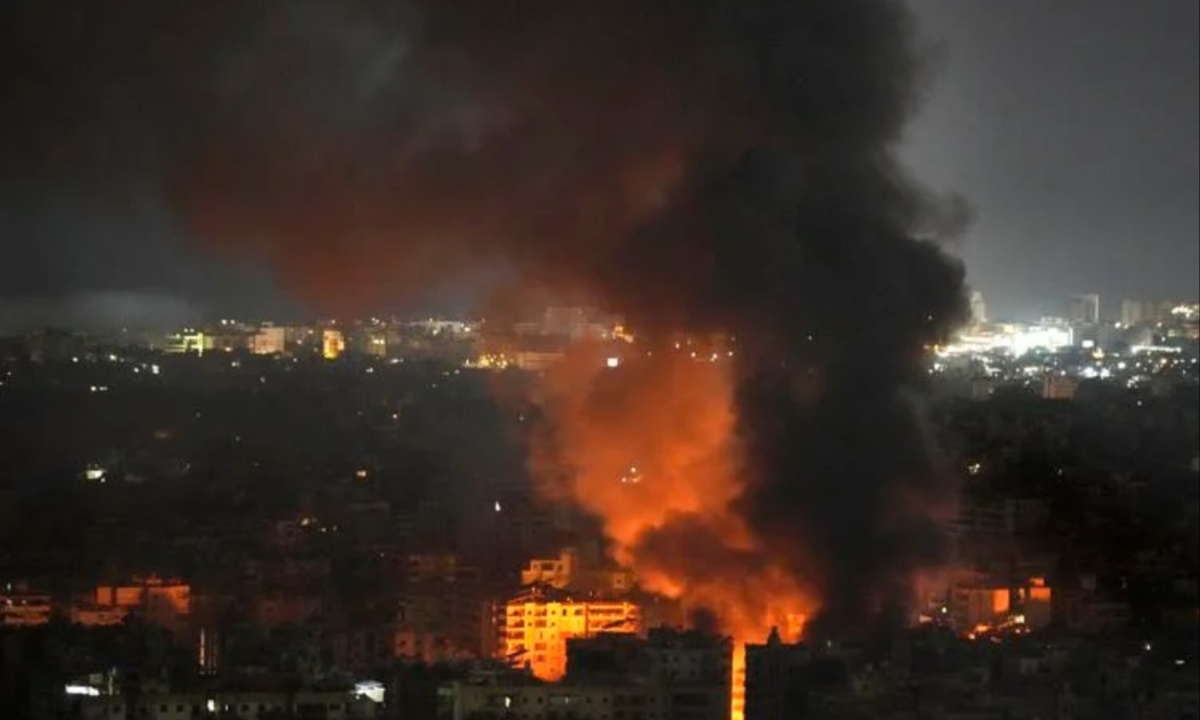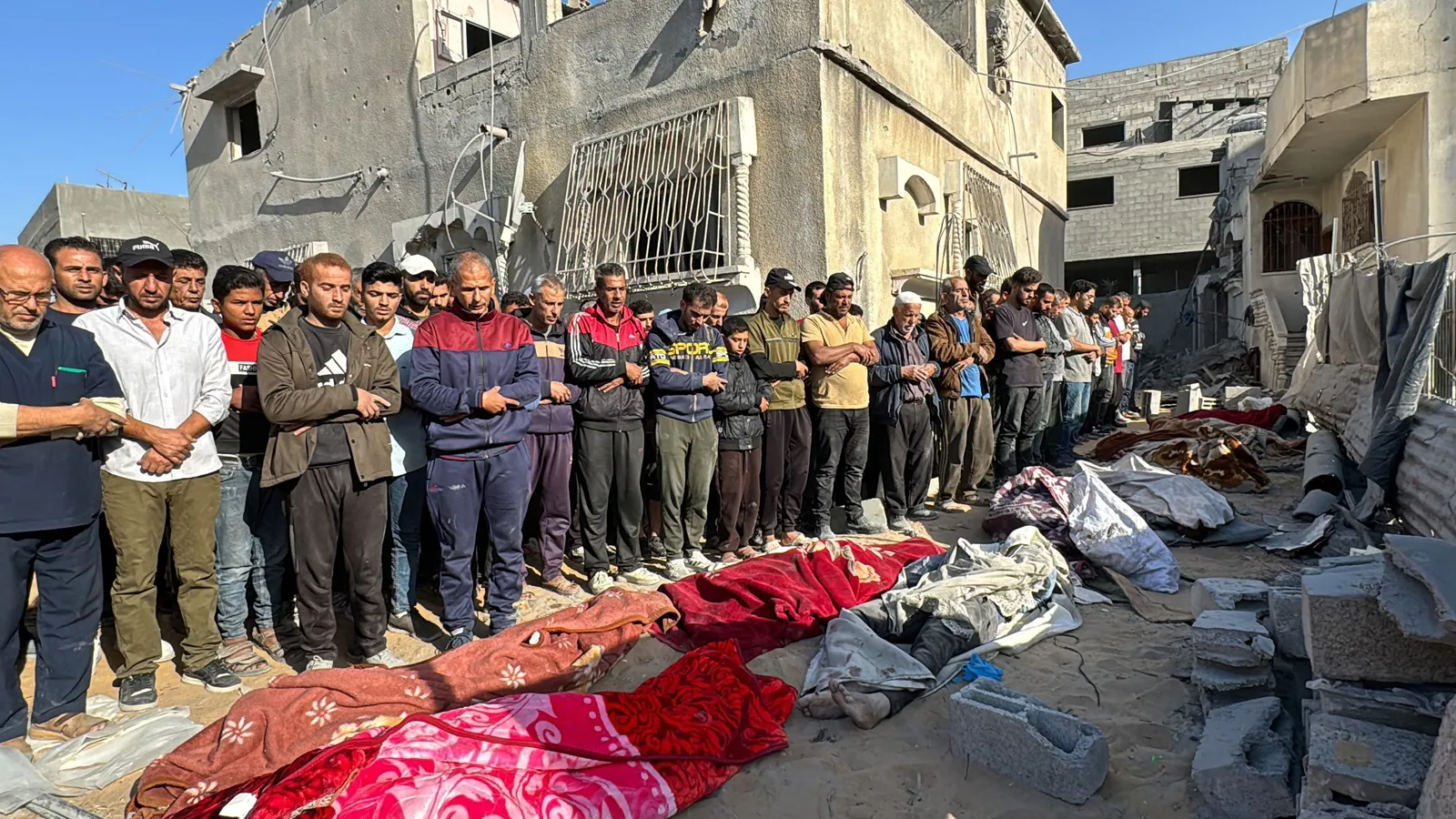Egypt’s President Abdel-Fattah el-Sissi announced a proposal for a two-day cease-fire between Israel and Hamas, aiming to facilitate the release of hostages and Palestinian prisoners held on both sides. In his speech, delivered in Cairo, el-Sissi suggested that the cease-fire would also allow humanitarian aid to enter the Gaza Strip, which has been severely impacted by ongoing conflict.
This proposal marks the first time Egypt has formally put forth a public plan to mediate between Israel and Hamas, signaling an active push for a temporary truce to alleviate the crisis and open pathways for further negotiations.
Egypt, along with Qatar and the United States, has been a key diplomatic force in the region, often engaging in peace talks aimed at reducing hostilities. However, these efforts have seen limited success, with discussions stalling as recently as August.
With this new proposal, el-Sissi emphasized his intent to “move the situation forward” by initially establishing a short-term cease-fire as a foundation for ongoing talks. The hope is that a temporary cease-fire would evolve into a longer-lasting peace, with negotiations continuing beyond the two-day period to stabilize the region further.

Egypt Pushes for Two-Day Cease-Fire in Israel-Hamas Conflict, Aiming to Free Hostages and Open Aid to Gaza
This proposed cease-fire is notable, as there has been no such truce for nearly a year; the last significant pause in fighting occurred eleven months ago, involving a limited prisoner exchange.
The renewed push by Egypt comes as Israel’s Mossad chief, David Barnea, is reportedly in Doha for discussions with CIA Director William Burns and Qatari Prime Minister Mohammed bin Abdulrahman bin Jassim Al Thani, highlighting the involvement of international intelligence and diplomatic leaders.
The timing of these negotiations underscores the gravity of Egypt’s plan to mobilize regional and global players toward a peaceful resolution.
Egypt’s announcement also coincides with recent statements from Israeli Defense Minister Yoav Gallant, who, during a memorial event, remarked on the complexity of the current crisis, acknowledging that not all issues could be solved through military action alone.
Gallant’s admission that “painful compromises” may be needed to secure the hostages’ release suggests a potential shift in Israel’s stance, which might allow room for Egypt’s proposal to gain traction. So far, neither Israel nor Hamas has responded publicly to Egypt’s suggested cease-fire, leaving the outcome uncertain.
The backdrop to these negotiations is a recent escalation in regional tensions, notably marked by Israel’s strike on Iranian positions following Iran’s missile attack on Israel earlier in the month.
The exchange has heightened fears of a broader regional conflict, potentially drawing in the U.S., Iran, Hezbollah, and other militant groups. This ongoing instability underscores the urgency of Egypt’s peace proposal as a critical attempt to prevent a larger, regional war while addressing the humanitarian crisis within Gaza.











































